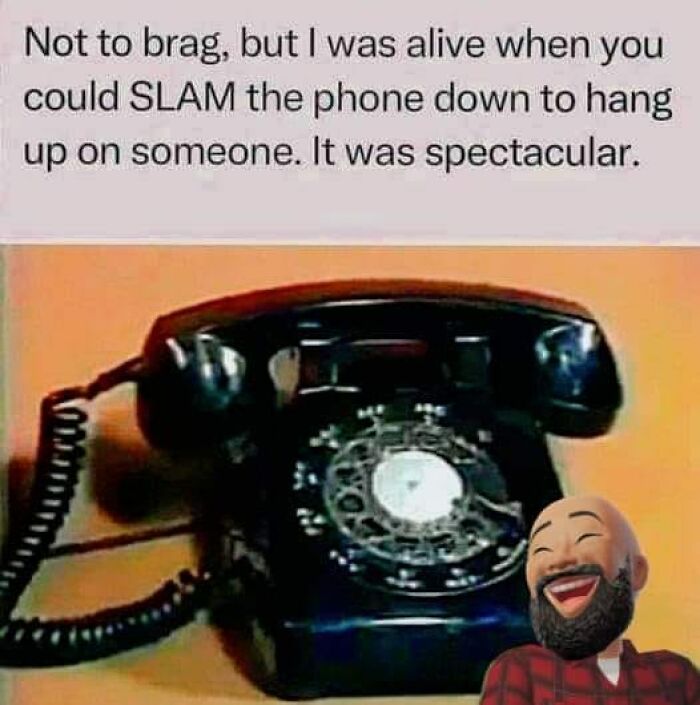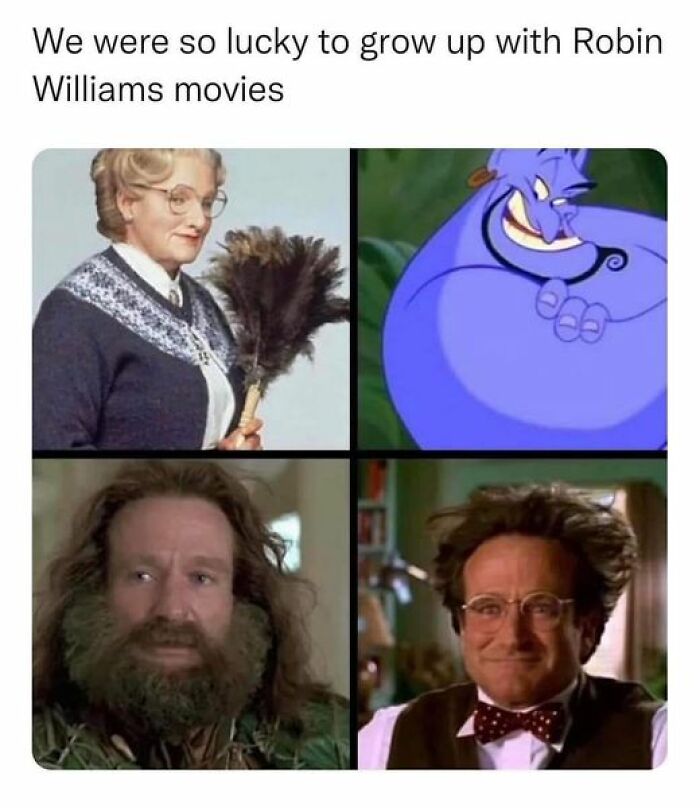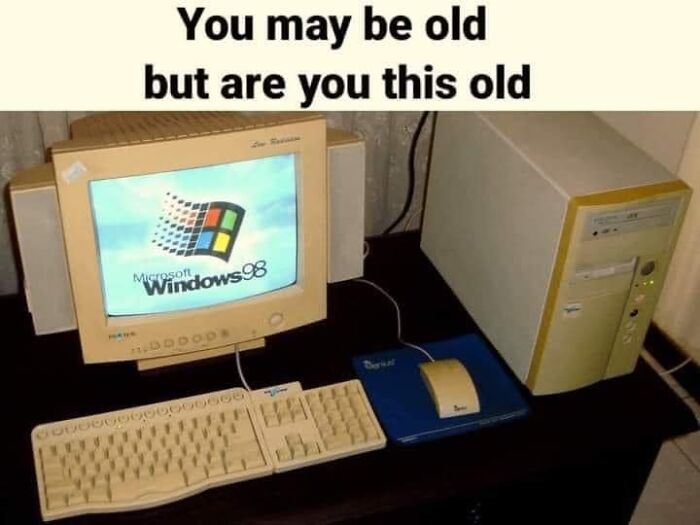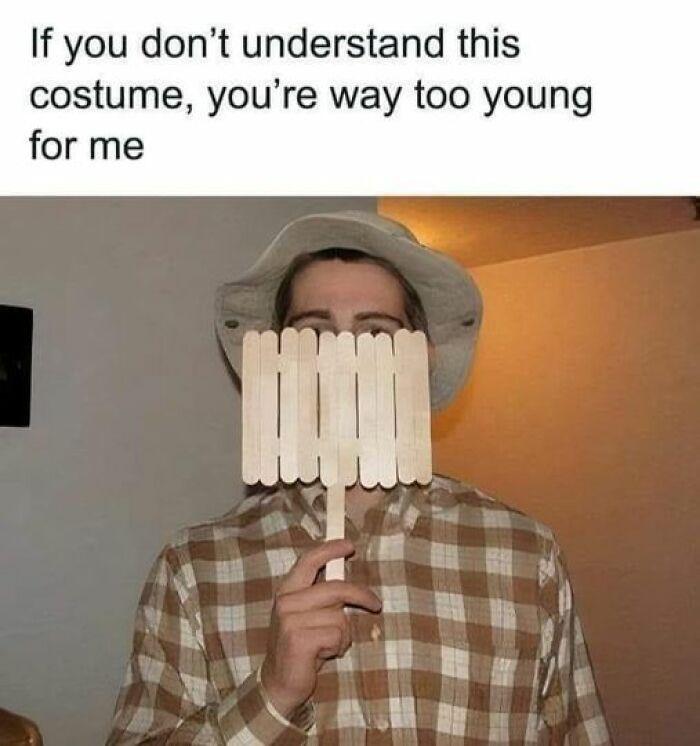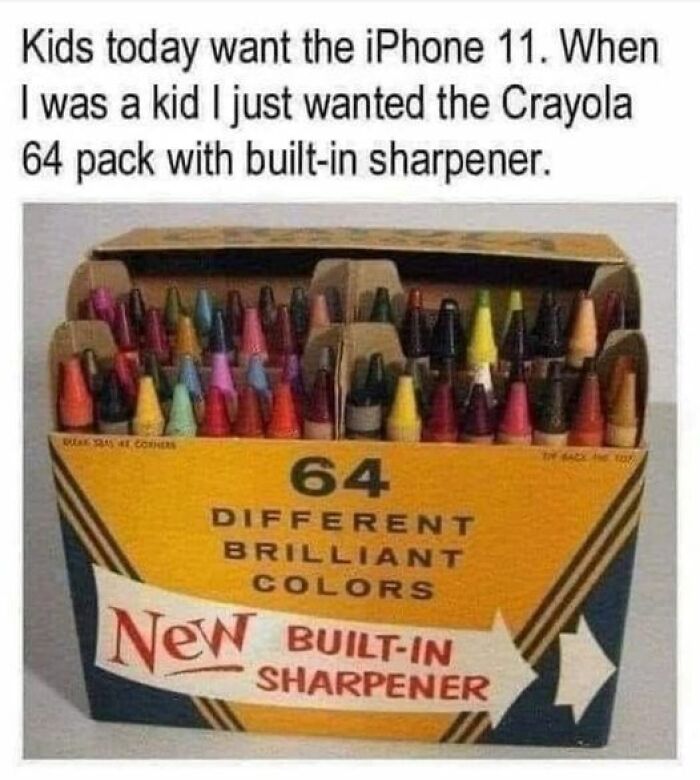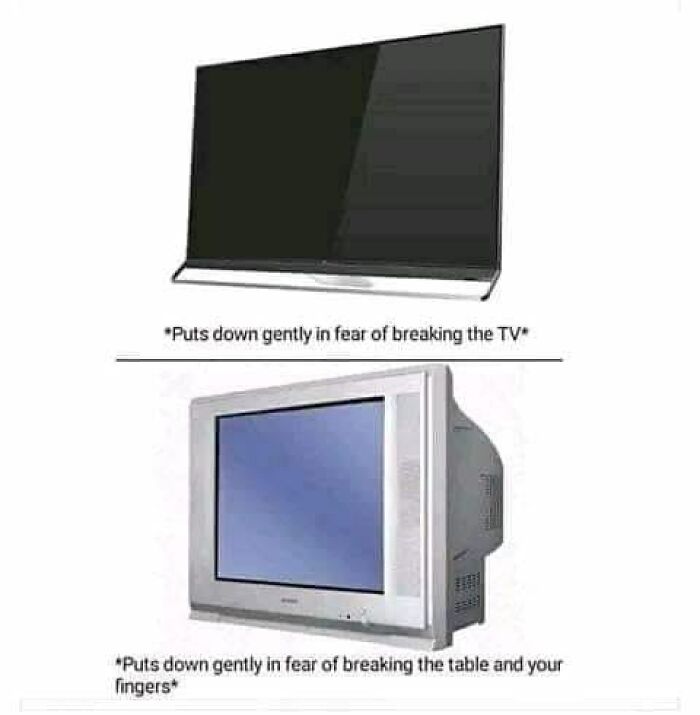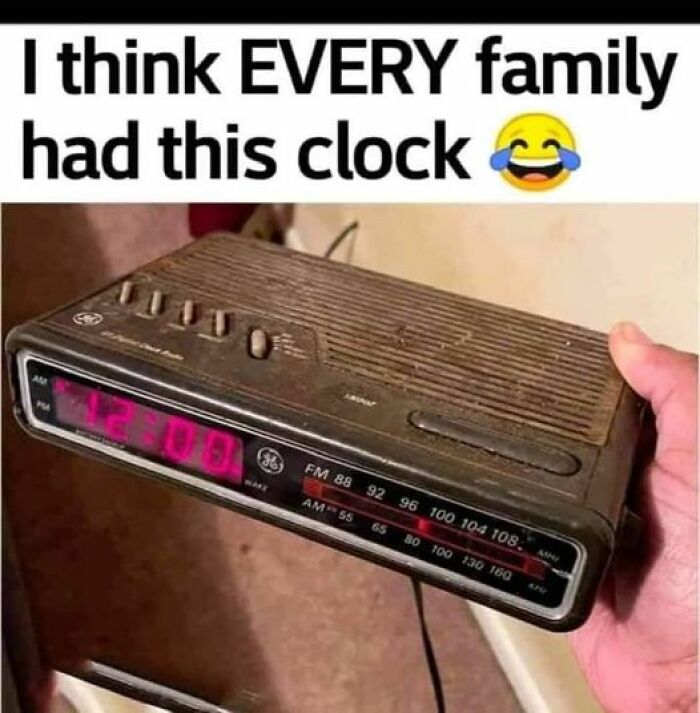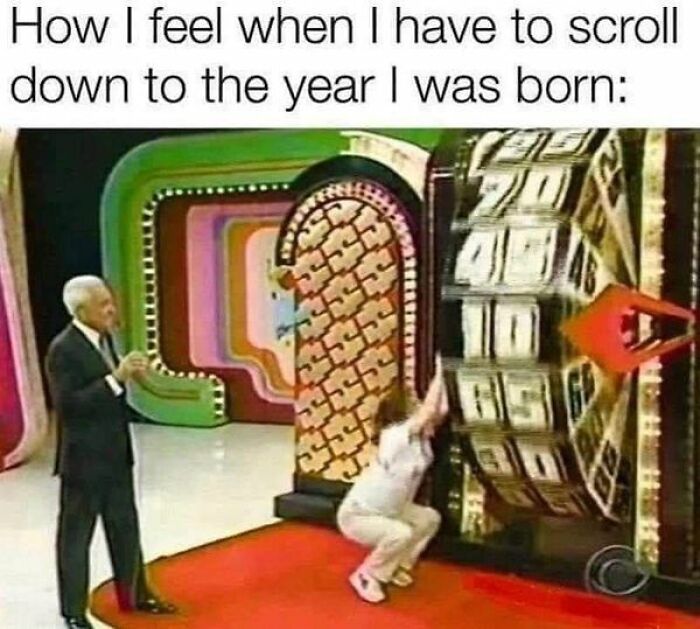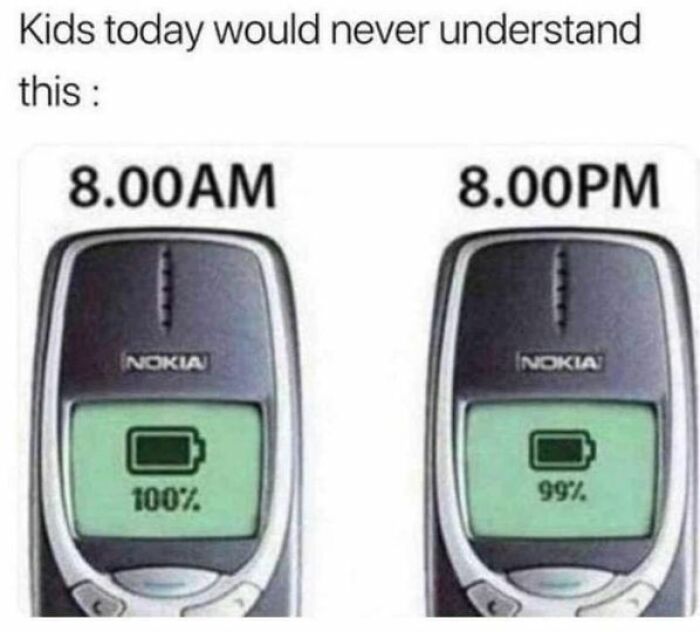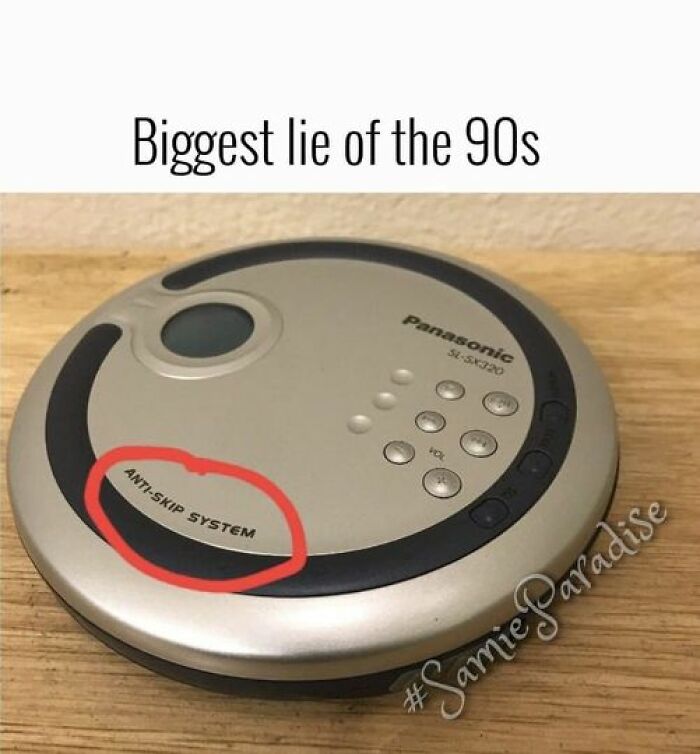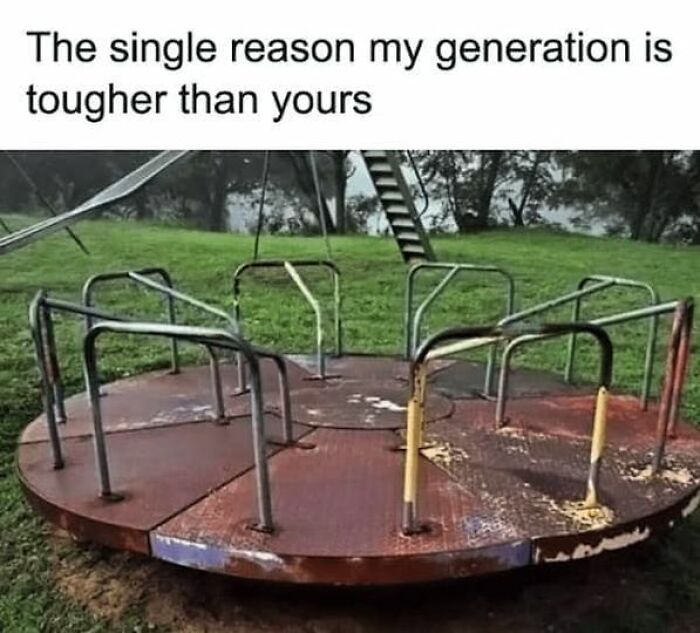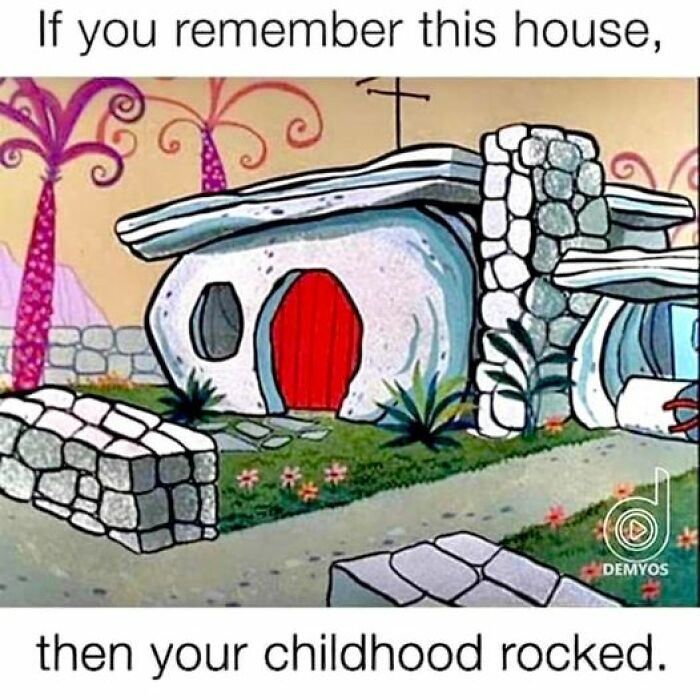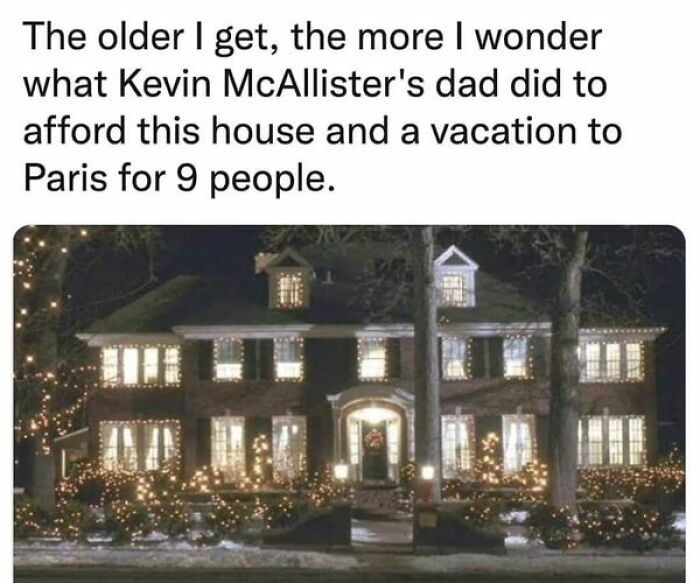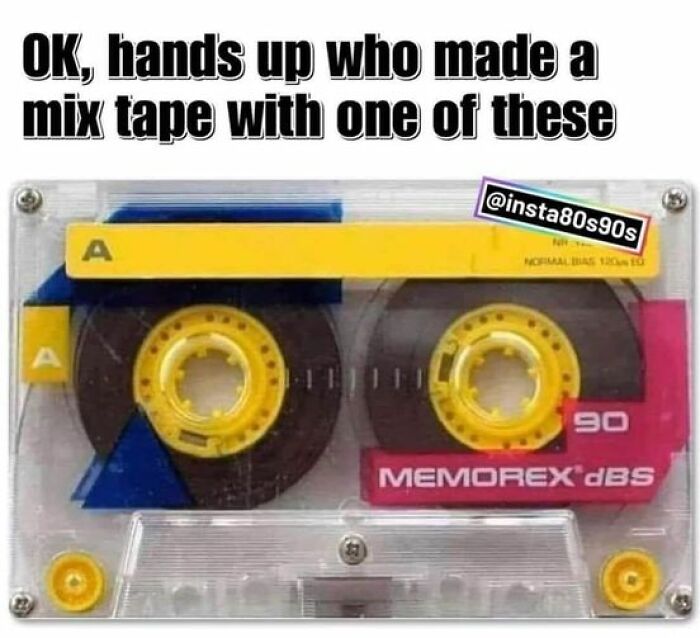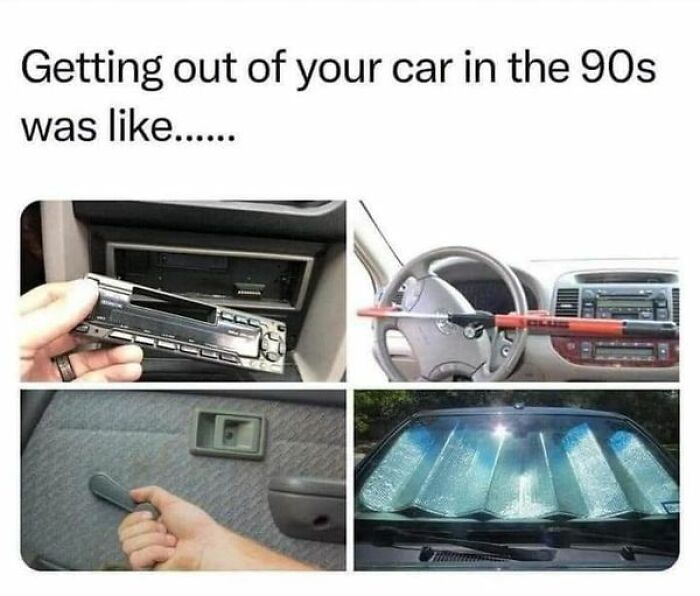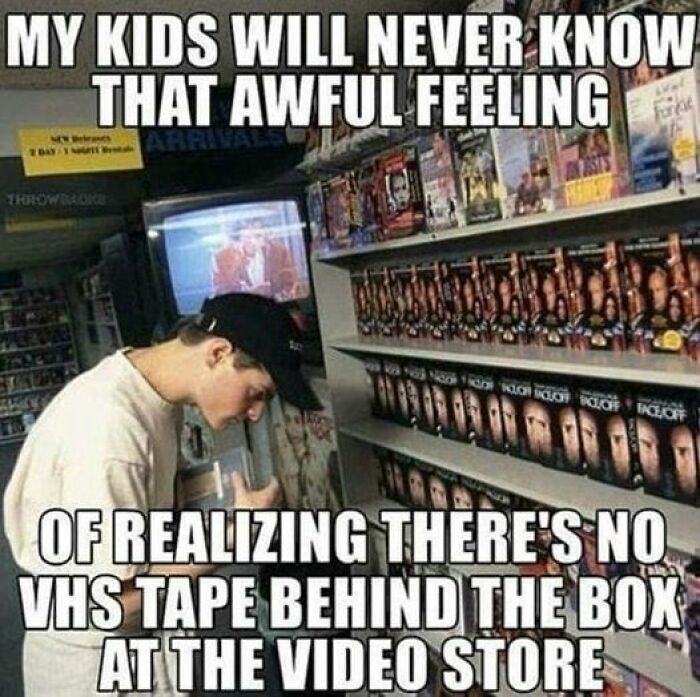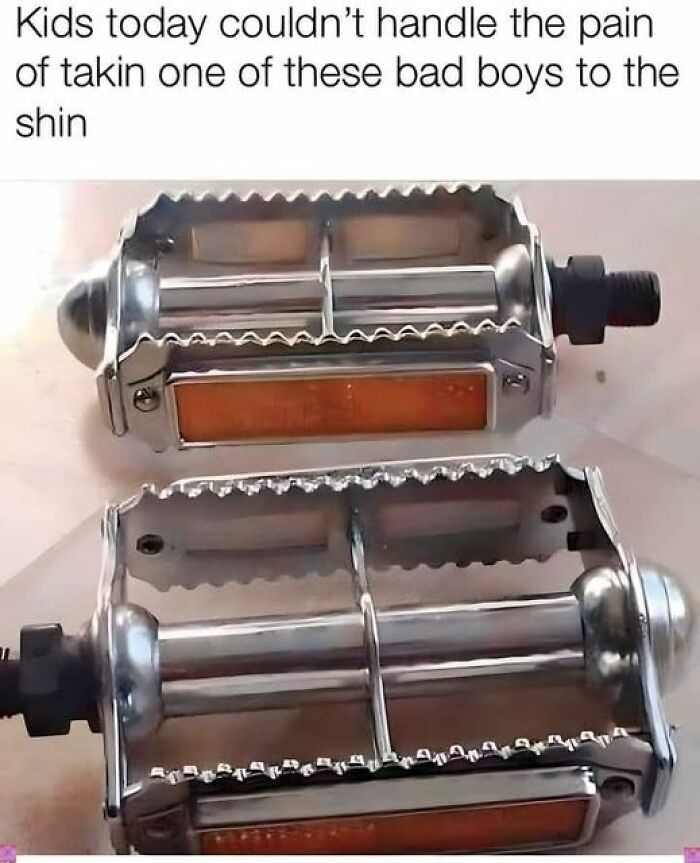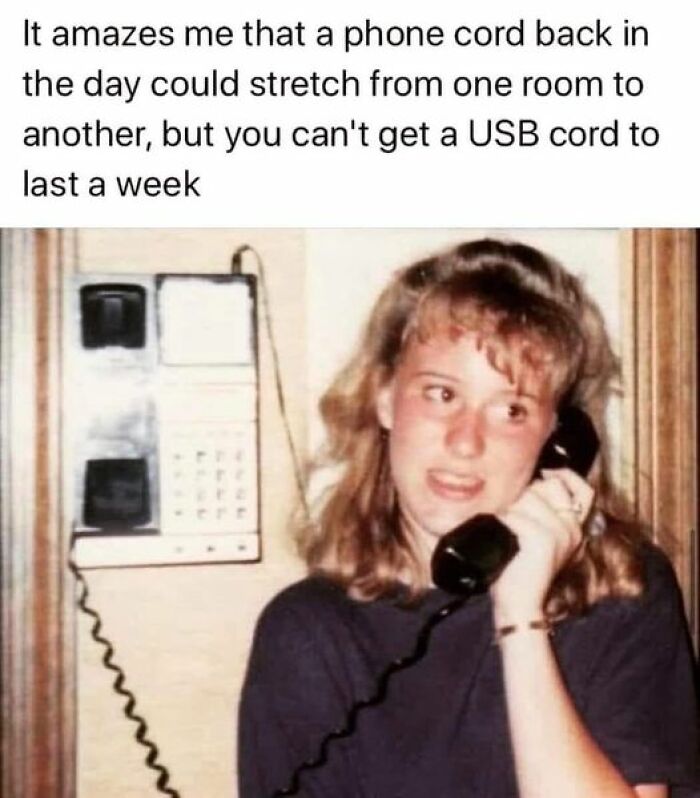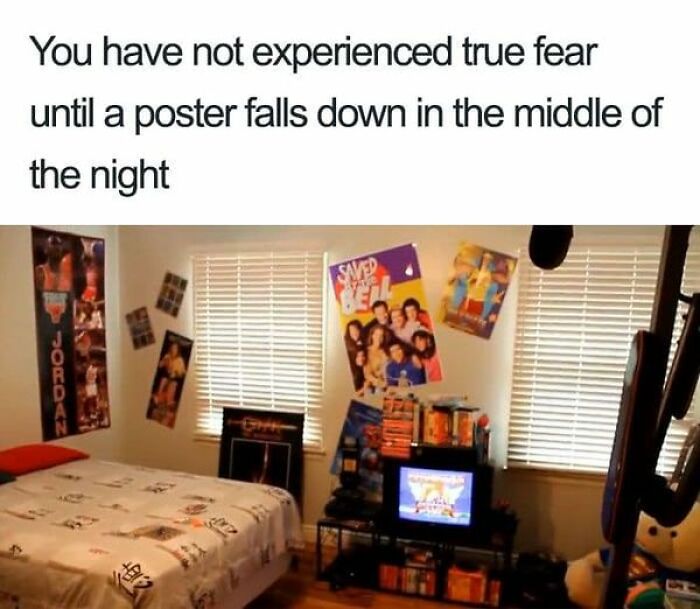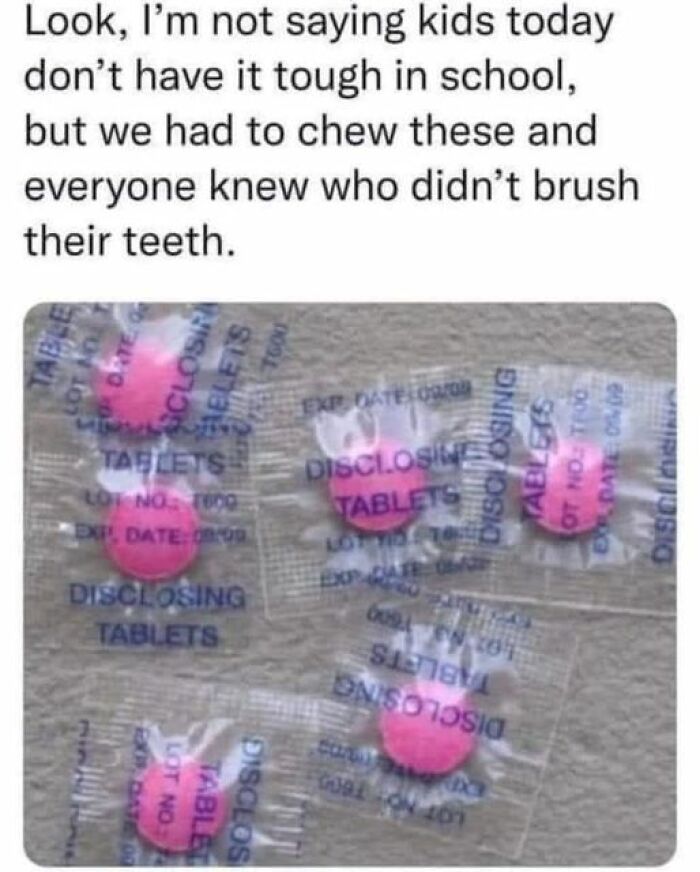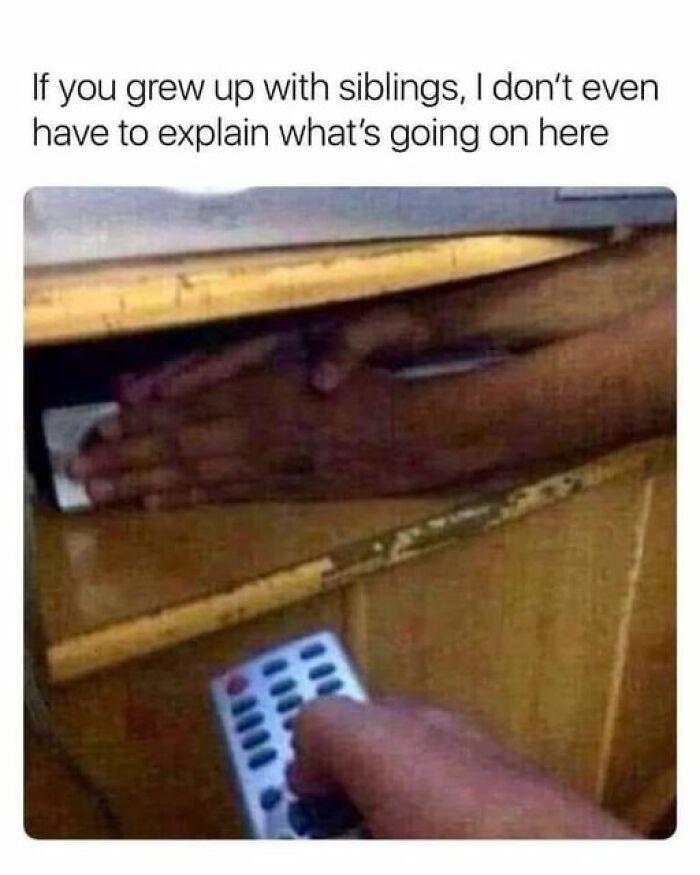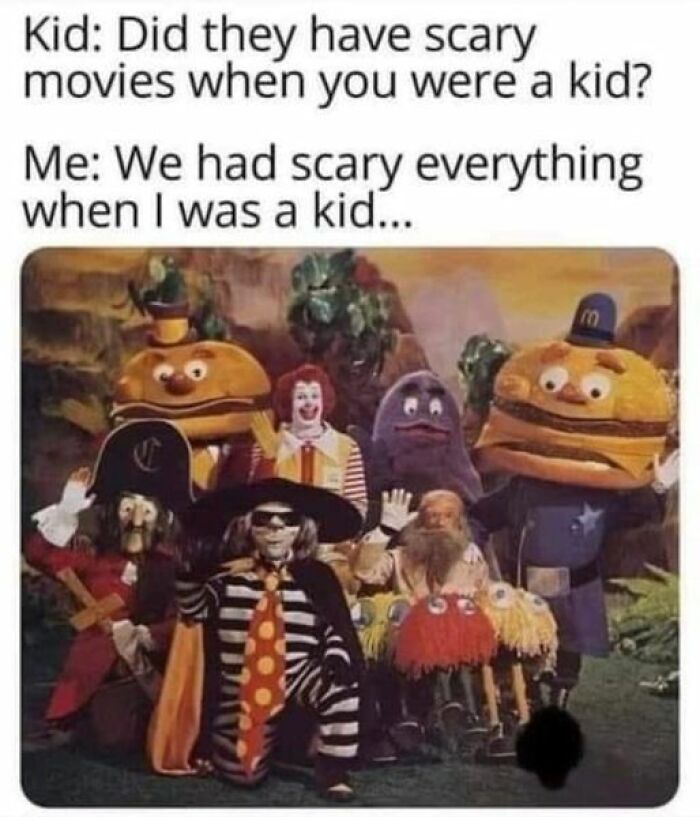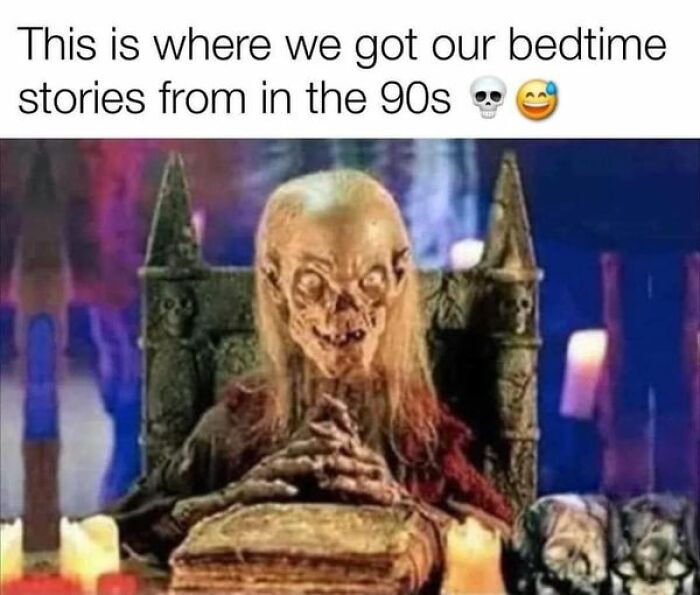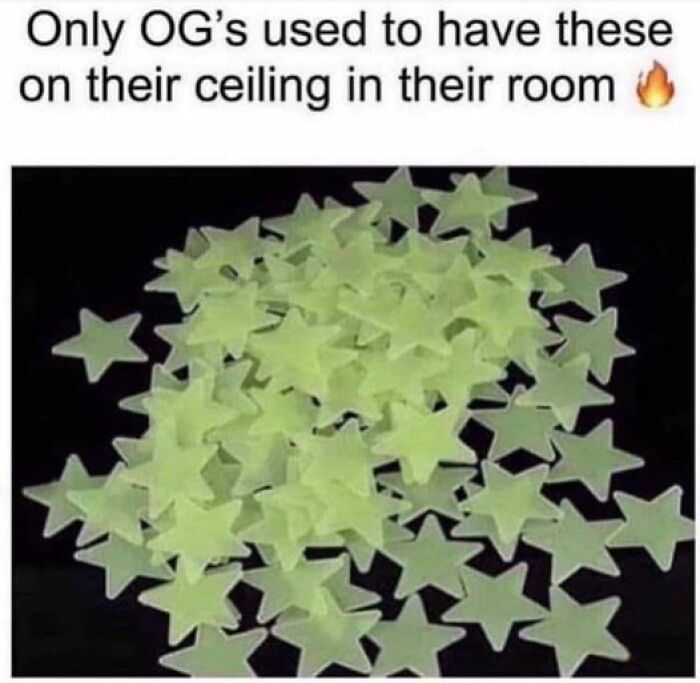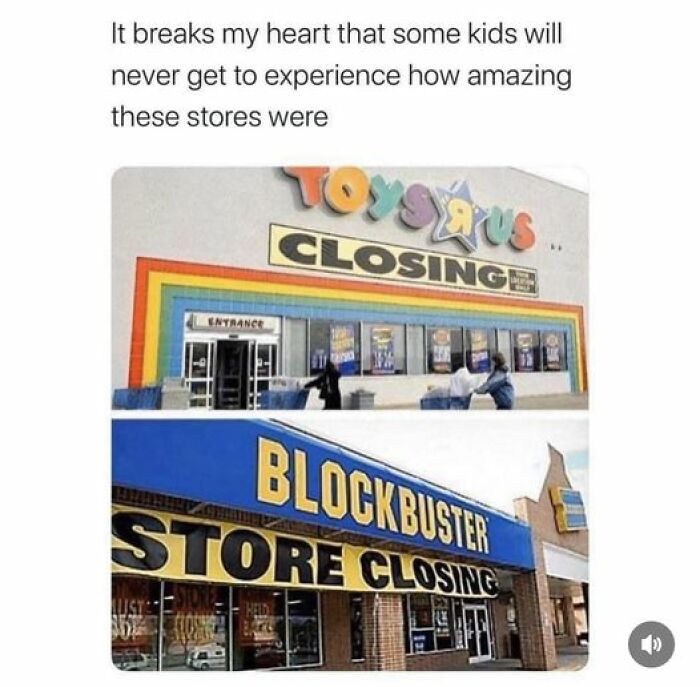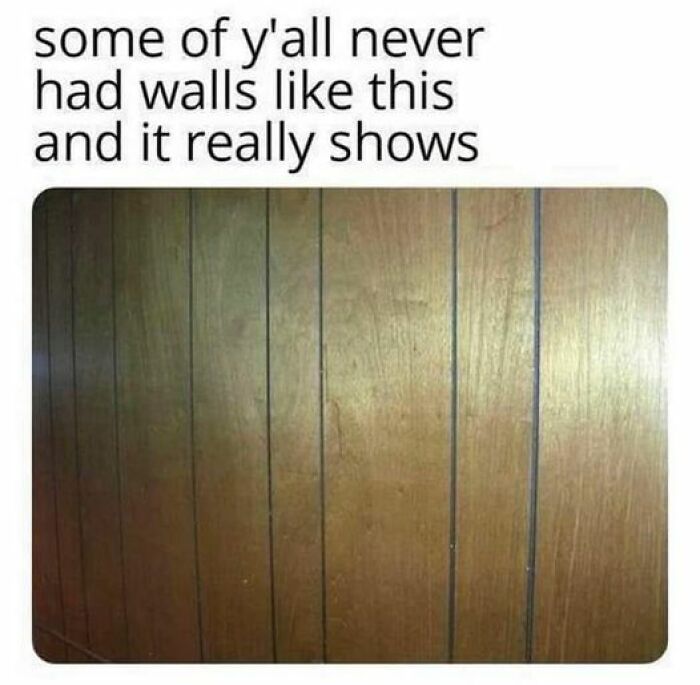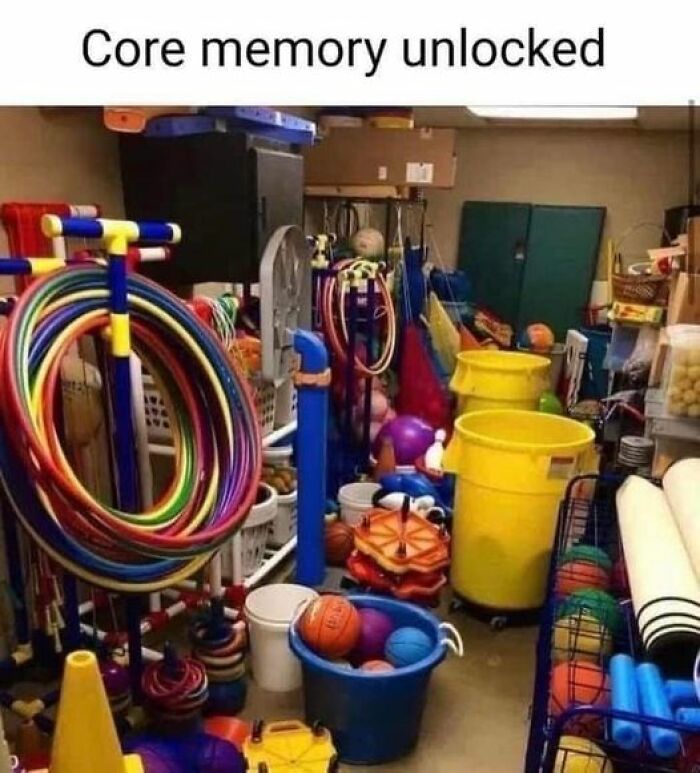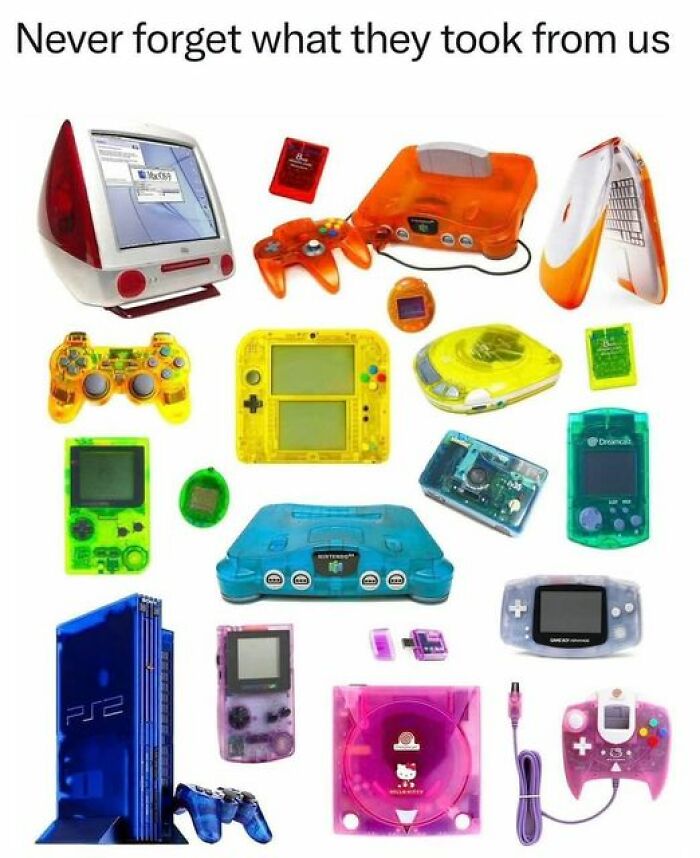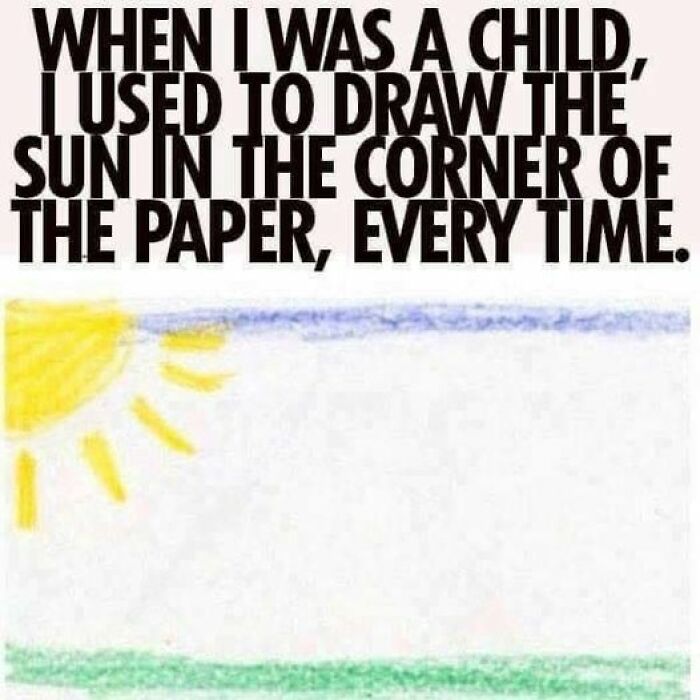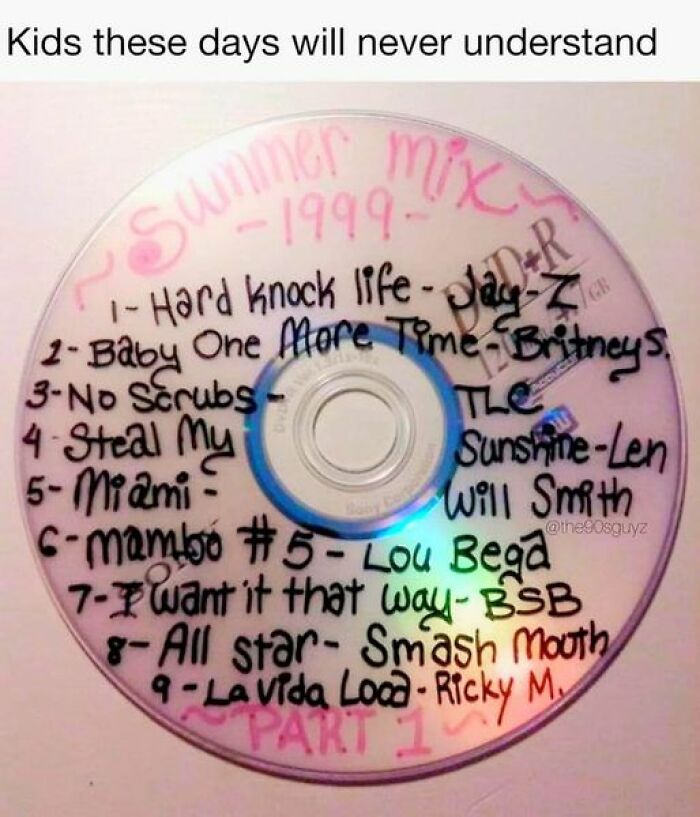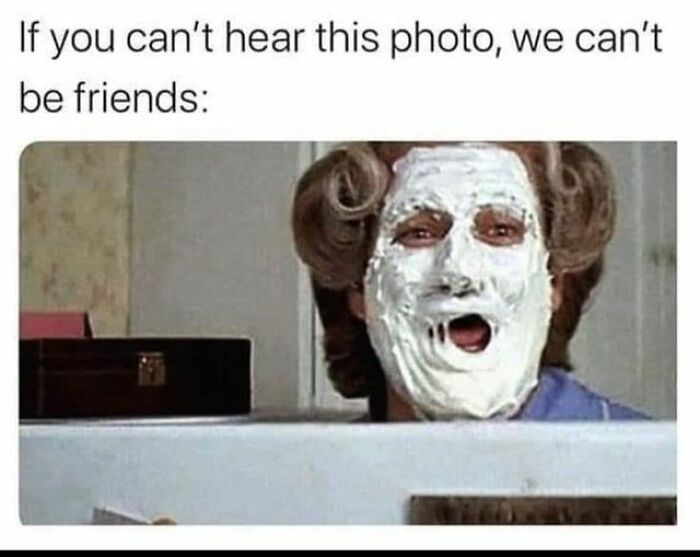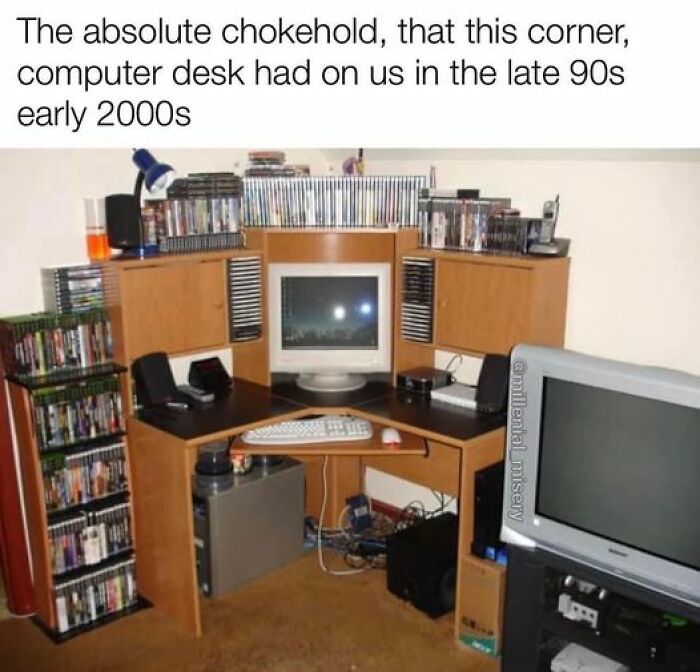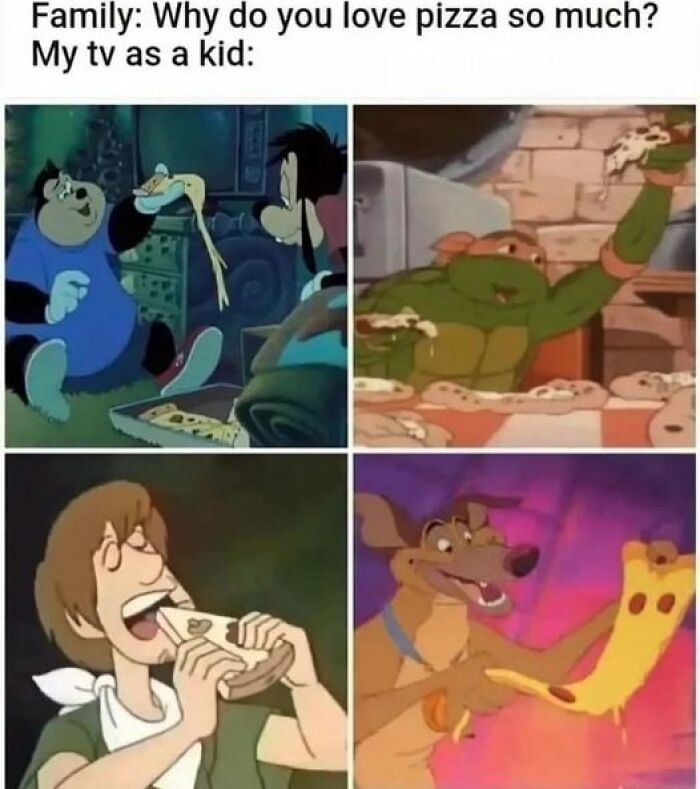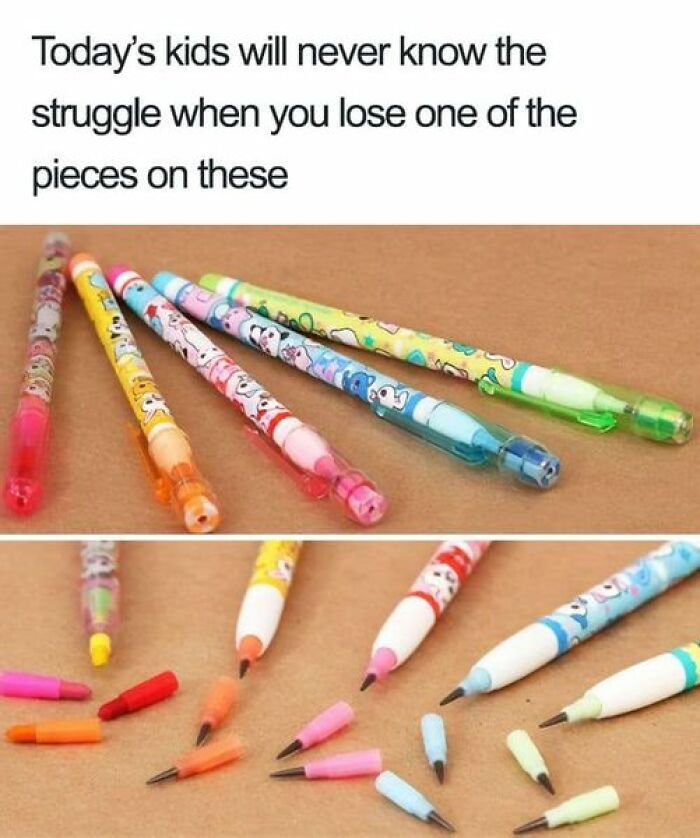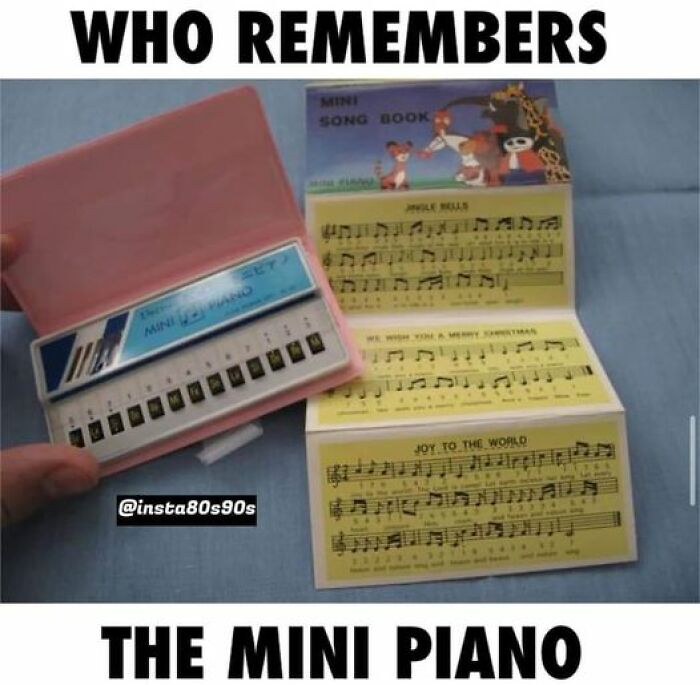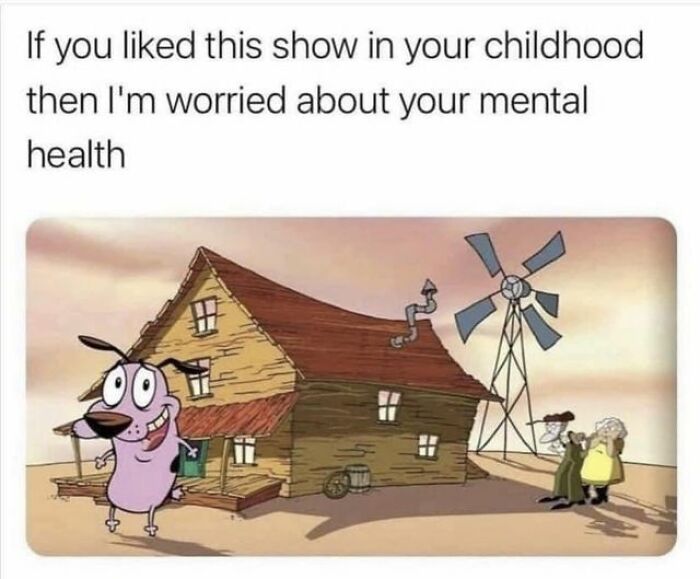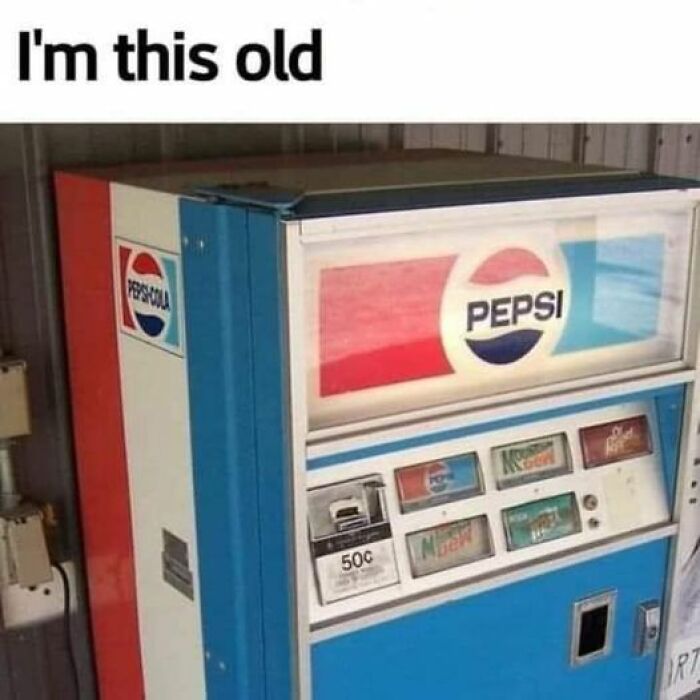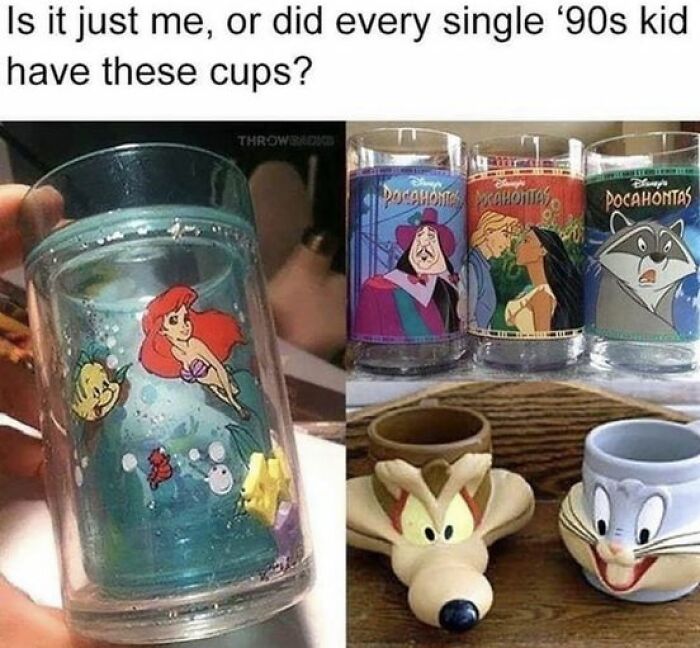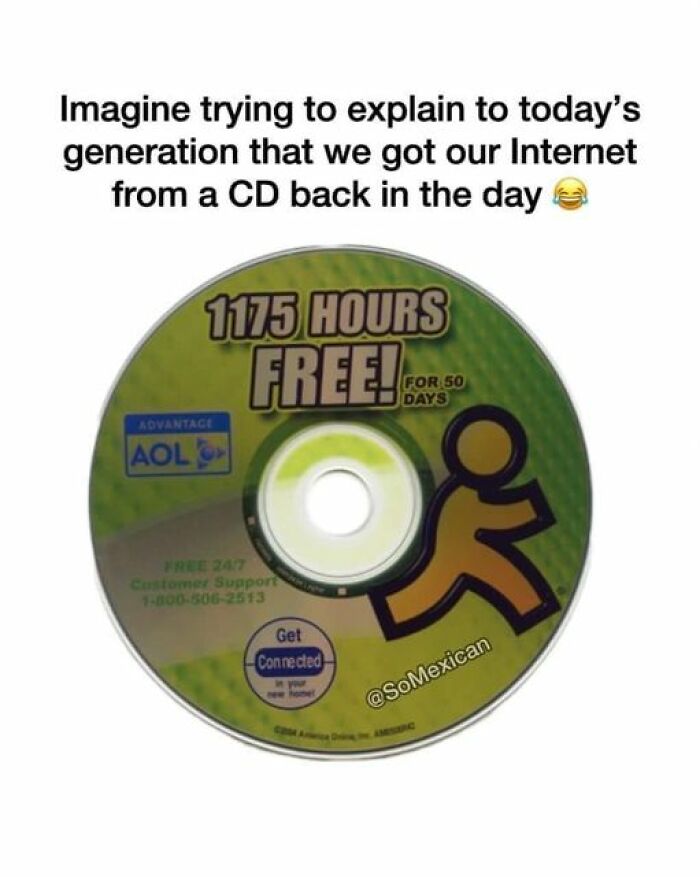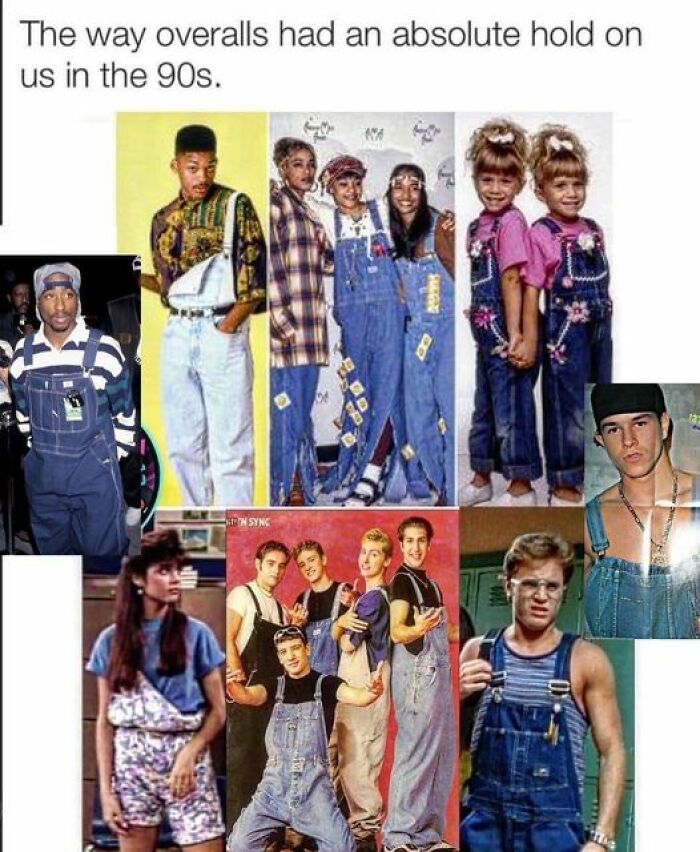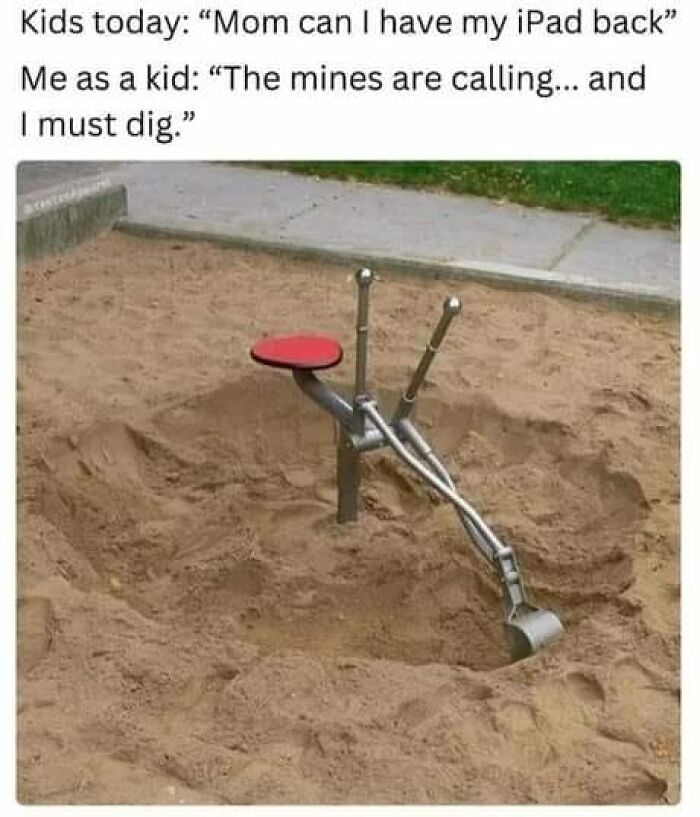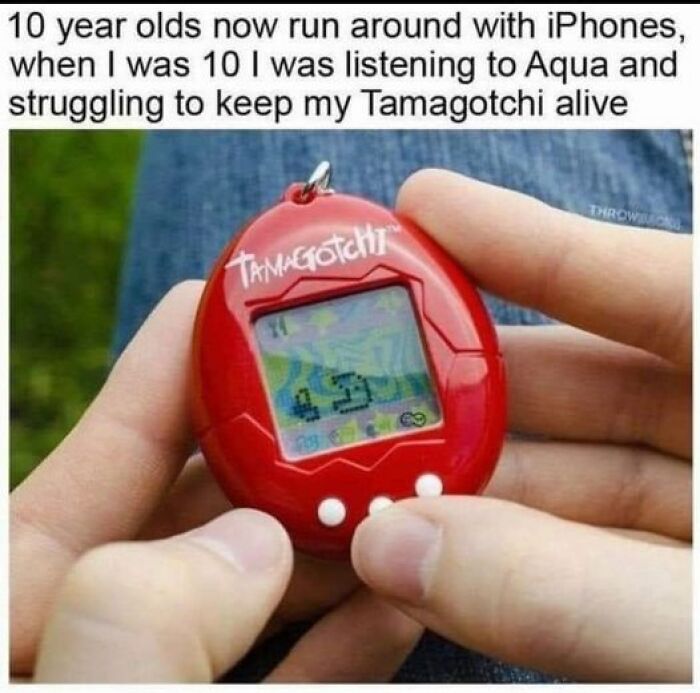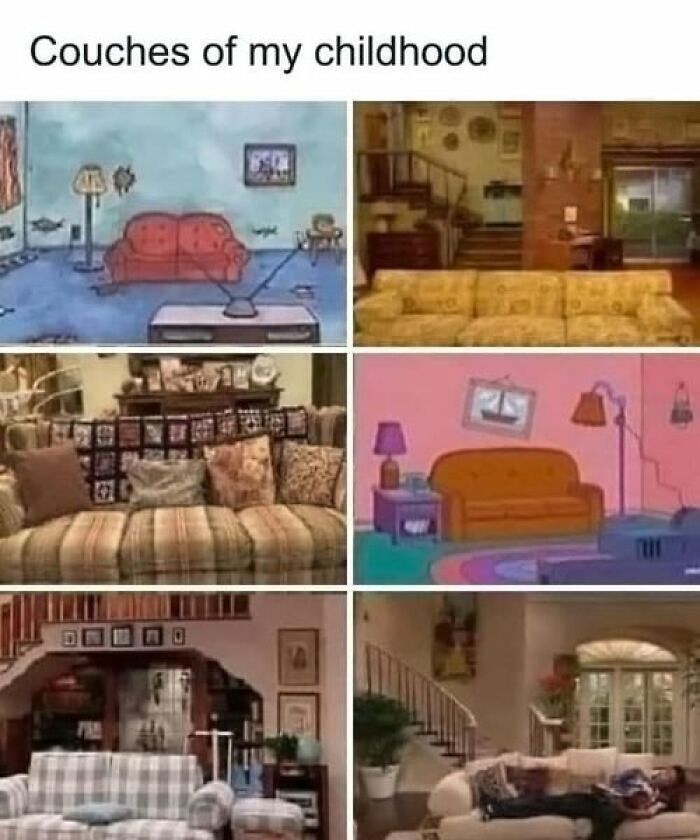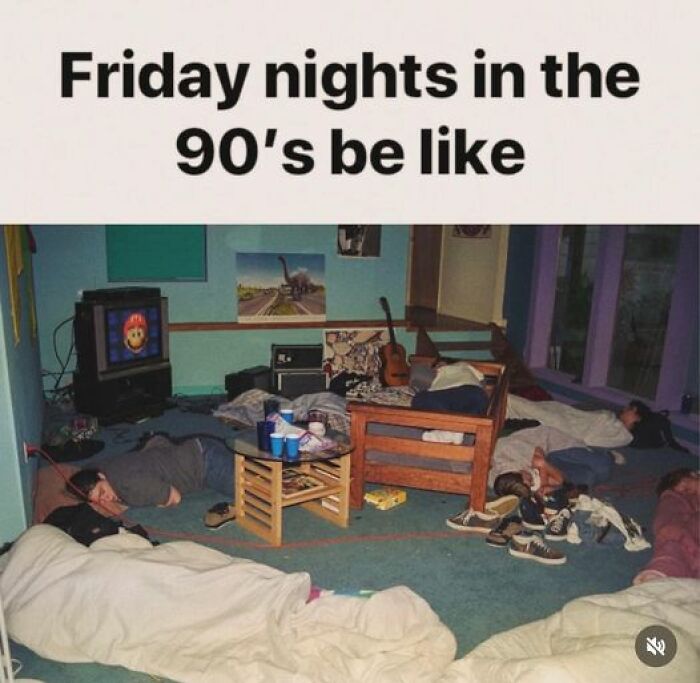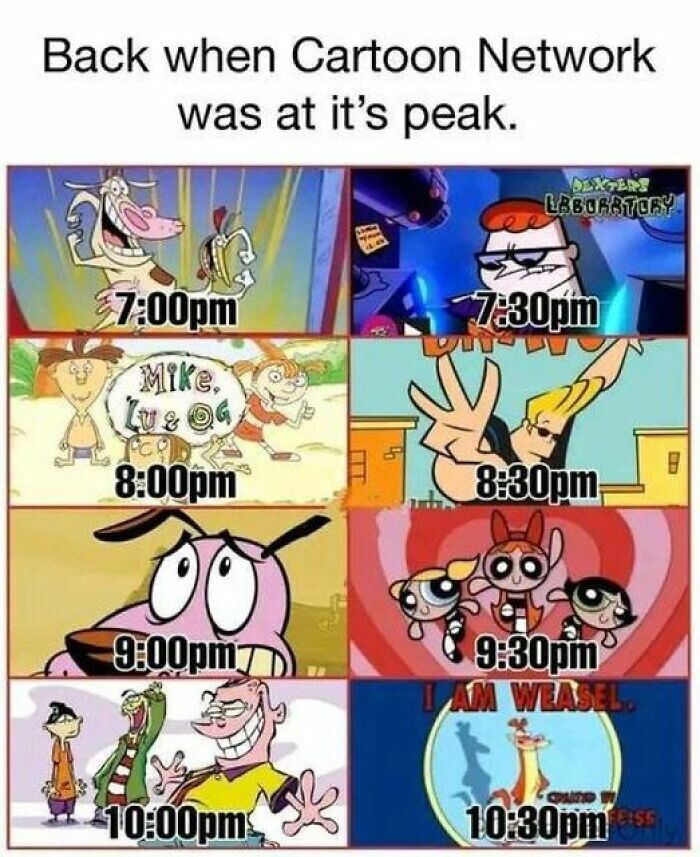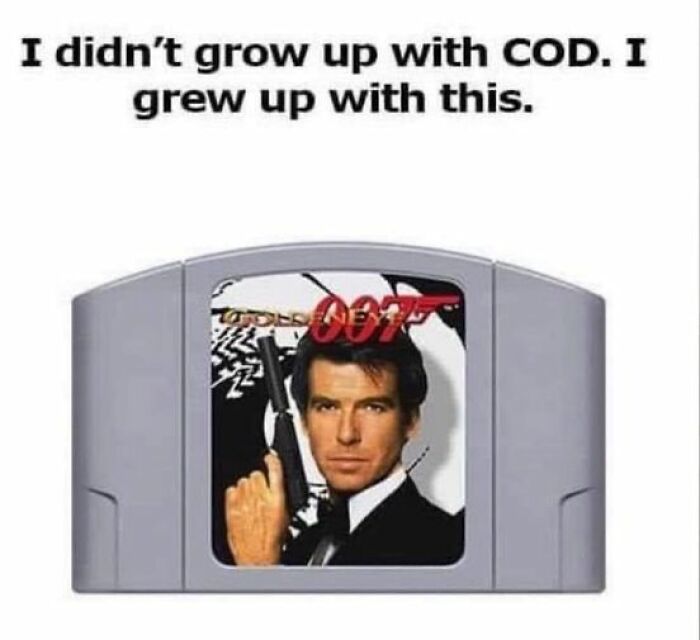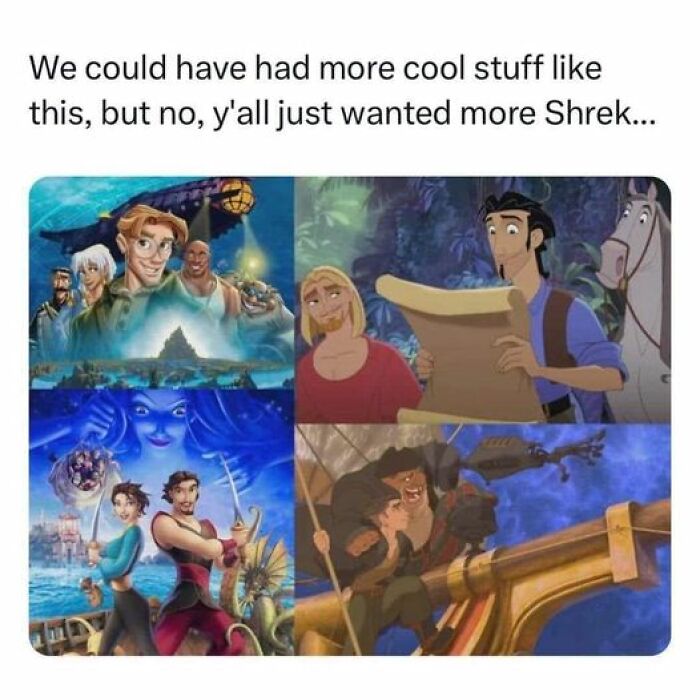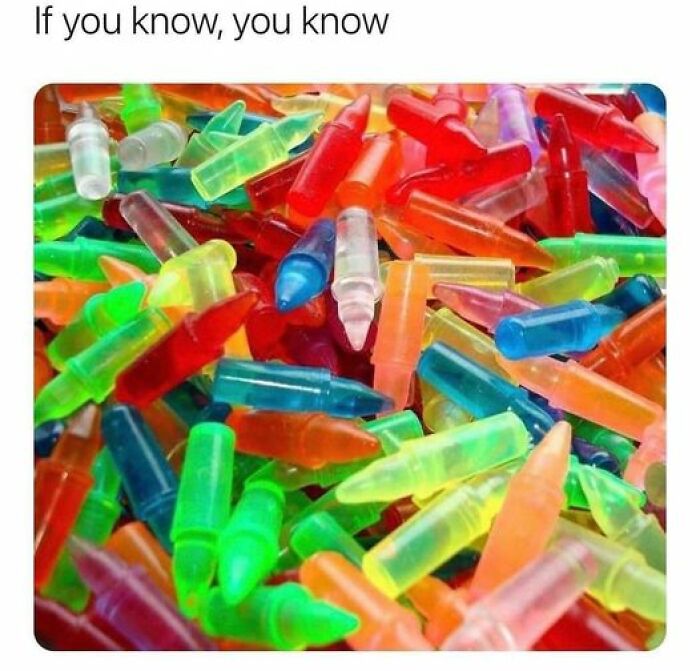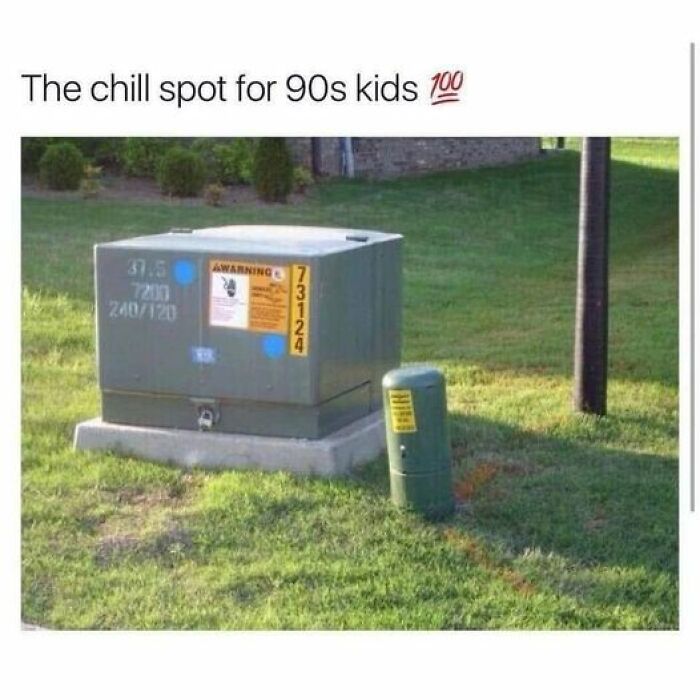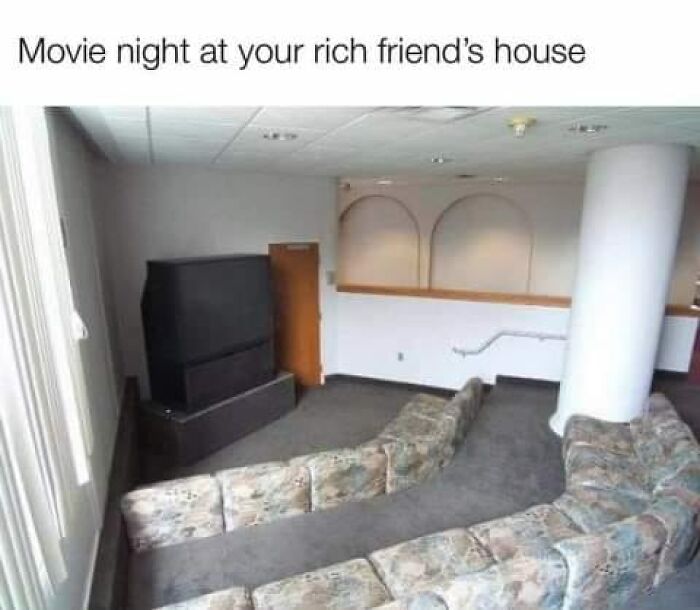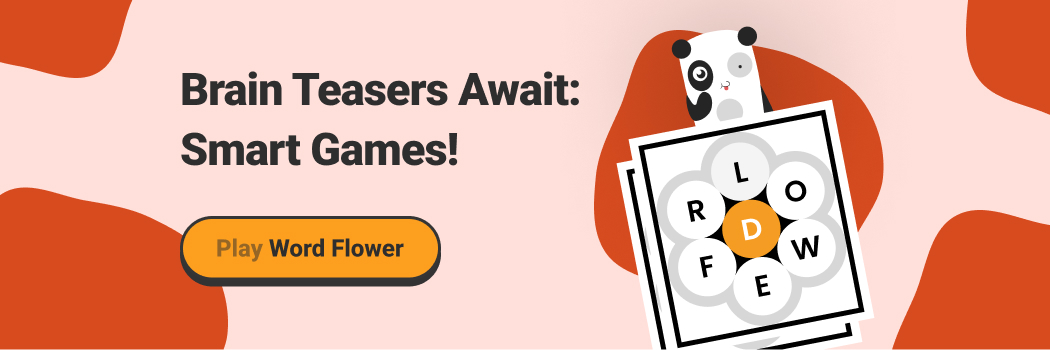
50 Memes About The ‘90s That May Take You On A Wild Ride Down Memory Lane
Interview With ExpertAh, childhood – the time when we don't have to have a care in the world, can spend late nights playing whatever we want, and aren't yet burdened by a myriad of responsibilities. Who wouldn't want to go back? For millennials, it's the nineties: the decade of impeccable TV and music, in-person sleepovers, and portable CD players.
This group does a great job of evoking bittersweet nostalgia for '90s kids, and its 111k members are a testament to that. The "Back To The 90s" community shares memes, clips, and other kinds of posts that are bound to hit '90s kids right in the feels. So scroll through them, and let us know which ones you identify with the most.
Bored Panda reached out to Brooke B. Sellas, the founder of B Squared Media. We chatted about why '90s nostalgia is so effective in marketing right now, what the best campaigns with callbacks to the '90s have been in recent memory, and whether '90s nostalgia is really for '90s kids only. Read our conversation with the marketing guru below!
This post may include affiliate links.
Brooke Sellas is a digital marketer and the author of Conversations That Connect: How to Connect, Converse, and Convert Through Social Media Listening and Social-Led Customer Care. We chatted with Brooke about why the '90s are having such a revival at the moment and how marketers harness the power of nostalgia.
"Nostalgia is a profoundly powerful tool in consumer behavior," Brooke explains. "It taps into our emotions, memories, and the yearning for a simpler, happier past. When we encounter something nostalgic, our brain releases dopamine, creating a sense of joy and comfort."
People are emotional beings, so an emotional connection influences what we buy. We're more likely to choose products that evoke fond memories, Brooke explains. Because nostalgia is so personal for people, it can be incredibly effective in social media marketing.
"By incorporating elements from the past, such as retro imagery, classic themes, or references to beloved cultural icons, brands can create a strong emotional bond with their audience," Sellas goes on. "This connection not only increases engagement but also fosters brand loyalty and advocacy."
"Nostalgia marketing works particularly well because it resonates on a deeply personal level," she notes. "It brings back positive memories, making consumers feel good about the brand that helped them relive those moments."
"For instance, a brand might post throwback photos or use vintage design elements in their campaigns. This approach can lead to higher shares, likes, and comments, as people love to reminisce and share their own experiences."
People crave seeing references to their childhood in ads. When Macaulay Culkin did the Home Alone parody for a Google Assistant ad in 2018, the Internet almost went crazy. "'90s nostalgia has been a goldmine for marketers in recent years, as it taps into the fond memories of a generation that experienced the era firsthand," Brooke says.
We asked her what her favorite ad campaigns harnessing the power of the '90s have been in recent years, and she shared three: the Tamagotchi revival, the comeback of Nickelodeon's 'The Splat' programming block, and the Mean Girls musical (which, technically, isn't the nineties, but it capitalizes on millennial nostalgia).
"The return of Tamagotchi, the digital pet from the '90s, was met with great enthusiasm," Brooke recalls. "Bandai America re-released the original Tamagotchi in its classic form, appealing to both new users and those who enjoyed it as kids. Their marketing included retro packaging and commercials, playing on the nostalgia factor."
Nickelodeon relaunched 'The Splat' in 2015, so it's not as recent, but as former Nickelodeon kids, Brooke and her sisters were delighted to see it back. Classic '90s shows like 'Rugrats,' 'Hey Arnold!,' and 'The Ren & Stimpy Show' were on TV screens again. "This move attracted viewers who grew up with these shows, creating a sense of nostalgia and bringing the network back into the cultural conversation," Brooke says.
And last but not least, "Mean Girls." The movie not only had a remake in 2024, but it also got made into a musical in 2018. "This campaign managed to blend the beloved elements of the original movie with contemporary themes and formats, appealing to both long-time fans and new audiences," Brooke explains.
"The marketing cleverly incorporated elements like social media trends and mental health awareness, ensuring it felt relevant today while maintaining its nostalgic charm."
Surprisingly, the '90s are just as popular (if not more) with Gen Z, youngsters who may not have even been alive back then. Brooke says that the '90s most likely has such a broad appeal because people crave a simpler time.
"'90s nostalgia appeals broadly because it represents a pre-digital age of perceived simplicity and authenticity, offering a contrast to today's fast-paced, hyper-connected world. This universal appeal transcends age, as many people long for what they perceive as a less complicated time."
Streaming platforms have also made music, movies, and TV shows from any decade more readily available. And this is another reason why the '90s have such a broad appeal.
"The revival of '90s media properties (like reboots of TV shows and movies) and the availability of '90s content on streaming platforms make the era accessible and relevant to a wide audience, including those who did not live through it," Brooke notes.
"Overall, while millennials are the main demographic for '90s nostalgia, its appeal spans across Gen X and Gen Z as well," Brooke points out. "The '90s offer a sense of comfort, authenticity, and simpler times, making nostalgia a powerful tool for marketers aiming to connect with diverse age groups."
Fast forward to 2054, "Remember when you were a kid in the 20s, and they kept having threads about the 90s?"
I’m laughing because I’m 55 and my nephews are millennials and I still think of them as kids with no nostalgia yet.
Fast forward to 2054, "Remember when you were a kid in the 20s, and they kept having threads about the 90s?"
I’m laughing because I’m 55 and my nephews are millennials and I still think of them as kids with no nostalgia yet.

 Dark Mode
Dark Mode  No fees, cancel anytime
No fees, cancel anytime 




